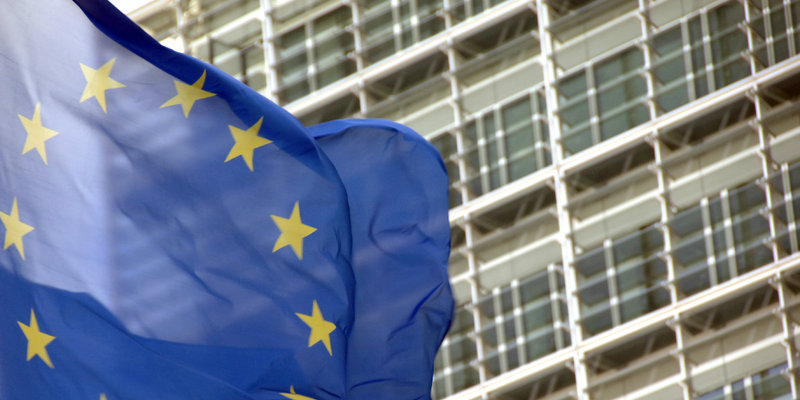28 October, 2020, the European Commission published Communication on additional COVID-19 response measures and a Communication upgrading the transport Green Lanes, both meant to coordinate Member States’ reaction to the ongoing pandemic resurgence.
Some of the main areas of action important for road goods transport are the following: improving the testing system, facilitating safe travel, and improvement of the Green Lanes. In particular in the last area of EU action, the Commission addresses quarantine and testing of drivers and passengers, availability of facilities to drivers, additional control documents, and undisturbed travel of passengers through transit countries.
Improving the testing system:
- Mutual recognition of tests amongst EU Member States, which is essential for travellers; and
- Clarifications regarding testing after travellers’ arrival in specific circumstances.
Facilitating safe travel:
- Reminder about the Council Recommendation on a coordinated approach to the restriction of free movement in response to the COVID-19 pandemic);
- A pilot which will allow Member States to prepare for the launch and use of a common EU digital Passenger Locator Form;
- Reminder about Re-open EU, an EU website which centralises information on health measures and travel restrictions and announcement of a soon to be launched Re-open EU app.
Improving Green Lanes
The Communication upgrading the transport Green Lanes covers both freight and passenger transport by all modes. It starts by mentioning the chaotic closure of borders in the first wave and the pandemic which “caused initially a disruption of the Single market with long waiting times for freight vehicles at borders and cargo flights to stop, triggering shortages and uncertainty in the supply of goods.”
Provisions relevant for both passenger and goods transport:
- Transport personnel should be designated and accepted as essential workers and service providers by all Member States authorities and should not be required to undergo quarantine while exercising their essential functions;
- Member States should not require systematic testing of transport workers at border crossing points or behind the border;
- The availability of ancillary services, such as access to refuelling stations, minimum level of sanitary (e.g. rest areas with toilets and showers), catering (e.g. take-away food, automatic food vending machines) and accommodation services should be ensured, and Member States should identify their locations on the Green Lanes app;
- The European Global Navigation Satellite Systems Agency will relaunch the Green Lanes application as quickly as possible, to be improved with rest facilities and refuelling stations;
- The “Certificate for international transport workers” may be used by any person who is working on board a means of transport carrying goods or passengers, in particular the driver; by any person who is moving to the place where the means of transport on which he/she will start working is situated; or by any other person working in the transport sector not require the presentation of any other documents (e.g. different locator forms etc.);
- Derogations to driving and rest time of drivers in extraordinary circumstances must be strictly short term (e.g., to address temporary driver shortages). In situations affecting all or most Member States in a similar manner, the Commission will consider legislative amendments setting out similar general principles (start time, end time, duration) for derogations from these rules across Member States;
- Potential legislative proposal to update the Omnibus Regulation enacted in the first wave of the pandemic (i.e., extension of validity of control documents).
Provisions relevant for goods transport only:
- All freight vehicles/vessels and transport personnel should continue be treated in a non-discriminatory manner, irrespective of the origin, destination, country of registration of the vehicle/vessel or of the nationality of the driver/crew;
- Vehicles carrying any type of goods on a professional basis should be able to use “Green Lane” border crossings;
- Additional border crossing procedures related to COVID-19 should be avoided and streamlined to what is strictly necessary. Drivers of freight vehicles should not be asked to produce any document other than their identification and driving licence;
- To the extent and for the period necessary to address backlog, Member States could provide derogations from driving restrictions such as week-end bans, night, noise and sectoral bans.
- Curfews should not be applied to freight transport or to transport workers.
Source: EC and IRU

